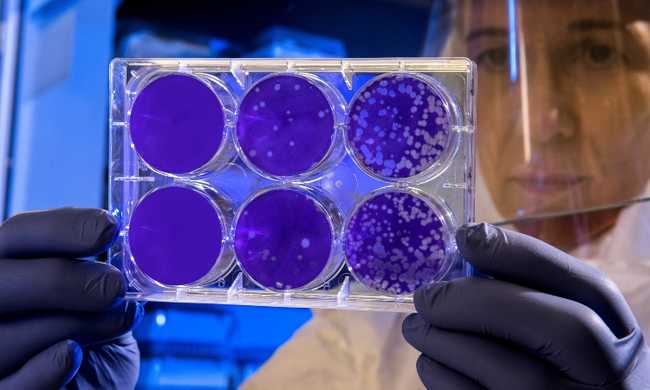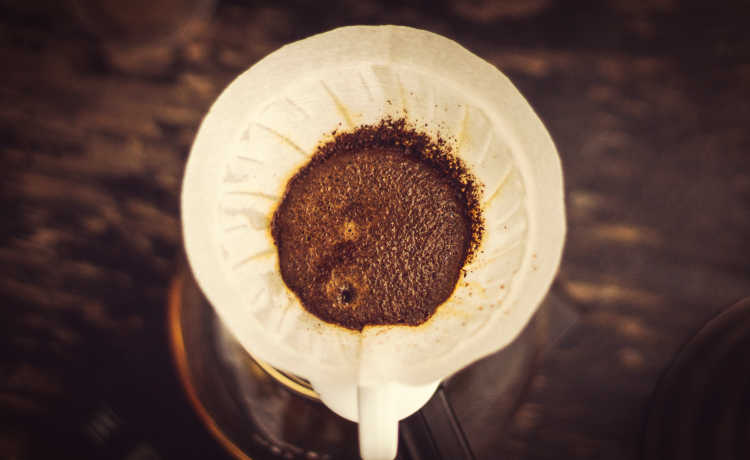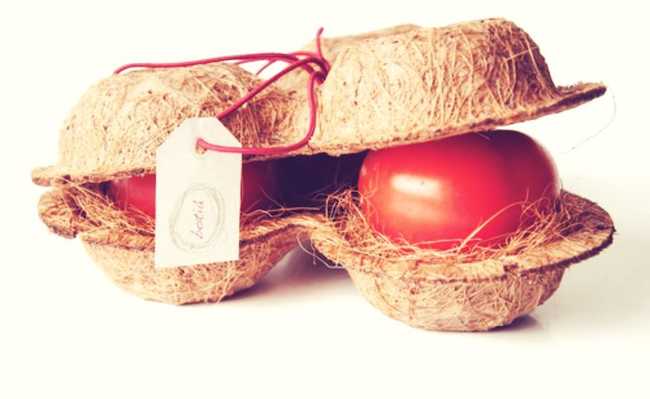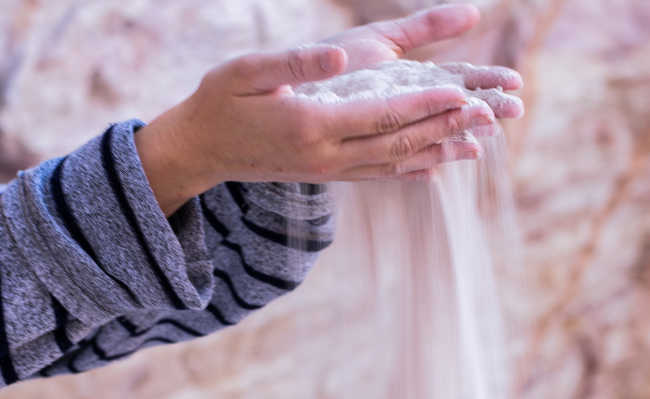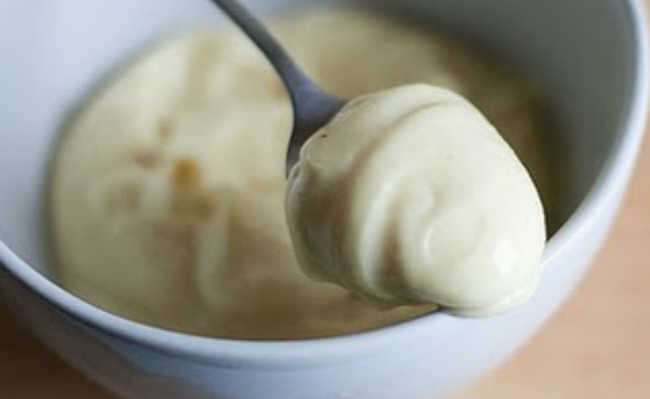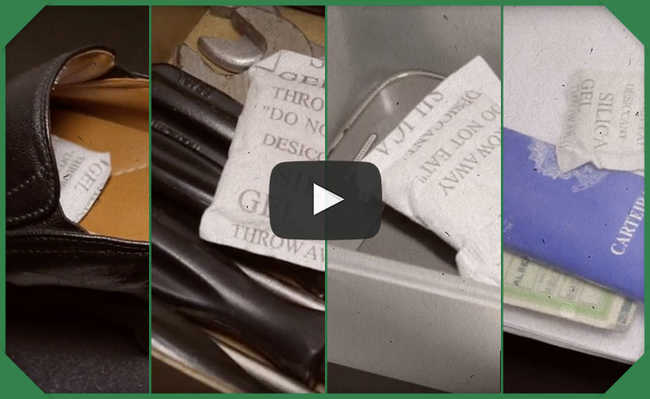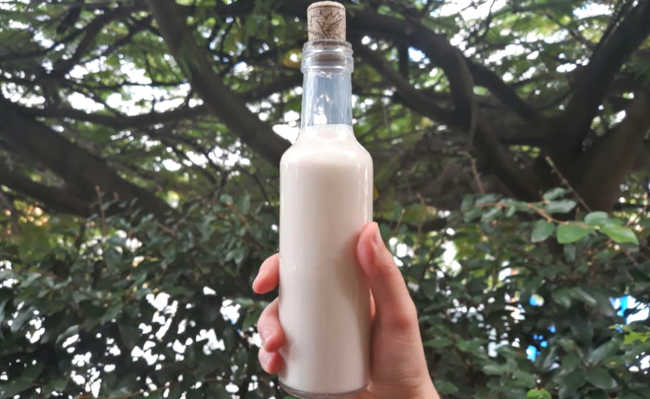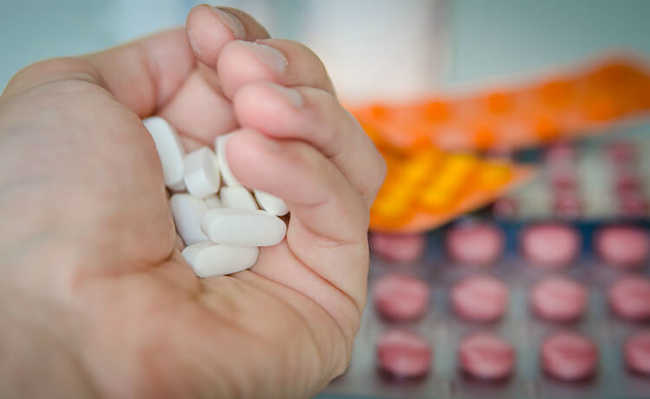Feeding earthworms in the compost bin: how to correctly introduce waste
Is it necessary to grind the food? Should you put a lot of food at once?

Do you know the right way to feed worms in the compost bin? Feeding the worms too much food, that is, introducing too much waste, is a very common mistake among people who adhere to this excellent method of recycling organic waste, domestic composting.
It's not just about putting food without criteria. Earthworms have preferences: they eat less in autumn and winter and also when they are placed in new digester boxes (they need an adaptation period). But in spring and summer, the appetite increases.
Another tip on how to quantify the food to be given to them is to note how much waste has been left since the last time you fed them. It is always good to check if the residue is being well composted. In other words, if there is a secret to how to feed California worms (composting specialists) well, it goes through a keyword: moderation.
To feed the worms, it is not necessary to put fresh food in the compost bin, as they do not have teeth. Earthworms only suck in organic matter when it starts to rot. So don't be upset if they ignore your fresh lettuce leaf. You can feed your worms with eggshells, coffee grounds, leaves, fruit and vegetable peels and cardboard moistened in small pieces, for example.
Carrot peels are antifungal, onion and garlic peels are antibacterial and antifungal, citrus peels contain citrus terpenes, which can only be broken down by a blue-green fungus (the same as found in cheeses camembert it's the roquefort.).
For all these reasons, it is recommended that lemon peels or pieces of lemon be used in small amounts in the composter. Earthworms also feed on these fungi, so small amounts of citrus fruits won't harm the process, but since fungi and bacteria are the main diet of California earthworms, don't overload the boxes with fruit peels.

The husks of some types of potatoes are good for feeding worms, but not in large quantities. These husks ferment in the system, releasing alcohol, which can kill the worms present there.
Have you ever noticed that when we catch a handful of worms they writhe in the palm of our hands? It's because of our sweat, as they have very sensitive skin. Therefore, avoid taking salty or vinegar materials to your composter. In addition to irritating earthworms, they also inhibit bacteria and fungi in the composting system.
Inorganic materials, such as plastics, glass and metals, should not be taken to any type of composting system. Excessive pieces of meat and dairy products attract flies and should also be avoided (see more about what to and not to go in the composter).
To chop or not to chop food?
The ideal size of particles to be composted varies between 1 cm to 5 cm. A partial crushing would be ideal, as very large particles take longer to decompose. There are people who completely grind their food waste in order to accelerate the decomposition process in the compost bin, but in this way, the particles tend to compact, making it impossible to turn over and preventing adequate oxygenation in the system, which is of paramount importance for the efficient decomposition of organic waste.
If you are interested and want to know more about composting, go to the article "What is composting and how to do it".

